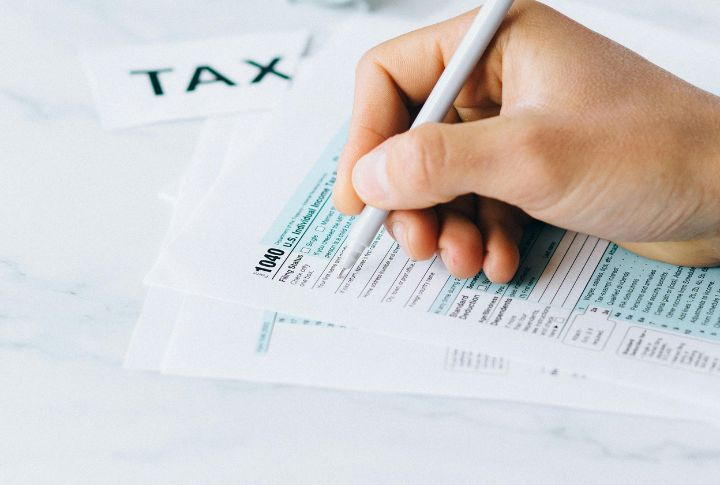
Survivor benefits from Social Security sound simple, but the fine print can determine whether your income stays intact. Missing a step today could reduce your monthly check tomorrow. Knowing exactly what to do ensures you claim every dollar you’re entitled to. Here are 10 key actions every spouse and partner should follow.
Notify Social Security Immediately After The Death

As soon as someone passes away, Social Security must be notified. That phone call stops the late person’s checks and sets survivor benefits in motion. However, you can’t report the demise of a loved one online, and you shouldn’t wait too long to make the call to avoid missed payments.
Verify Your Eligibility For Survivor Benefits

Check your status before making assumptions. Survivor benefits depend on how long you were married and your relationship status, and they’re based on the late spouse’s record. Even divorced spouses can qualify. Rules also shift depending on age or disability, so many people lose benefits simply by never checking.
Report Changes In Work Or Living Situation

Staying on top of life changes helps protect your benefits. Whether it’s a new job or a household shift, SSA needs to know. Even part-time earnings can impact payments, and failing to report may trigger penalties. Regular updates make sure checks stay correct by keeping your financial peace of mind intact.
Time Your Claim For Maximum Benefit

Timing really decides how much survivor benefits pay. Claim too early, and the monthly check gets smaller. However, wait longer and the amount increases. Since retirement age varies by birth year, knowing your number is important. Many survivors never realize they have this choice.
Request The One-Time Death Payment

Social Security provides a one-time lump-sum payment of $255 for eligible survivors, though only certain family members qualify. The amount has remained unchanged for decades, and many miss claiming it. Filing within the required timeframe ensures this often-forgotten benefit reaches those entitled.
Gather Required Documents Before Applying

Make sure you have everything SSA asks for before applying. Proof of death, marriage, and identity is a must. Also, originals or certified copies are needed, and some papers can be mailed or dropped off. Missing documents can delay benefits, and they may request additional records, so check twice before submitting.
Coordinate Survivor And Retirement Benefits Wisely

Social Security won’t pay full survivor and retirement benefits together. Instead, you receive the higher one. What makes this interesting is that switching later is possible. That option gives survivors room to strategize and create opportunities to grow their income over time, making the most of both programs.
Follow Up On Your Application Status

Keep track of your SSA application to avoid surprises. They mail notices for benefit adjustments or retroactive payments under the Fairness Act. Busy periods can slow processing, so call or mail SSA for updates. Additionally, following up consistently usually speeds up the process and helps ensure that your payments reach you correctly and on time.
Avoid Common Mistakes That Delay Benefits

Avoid delays by double-checking every SSA form. Missing information, errors, or incomplete sections can lead to rejection at any stage, regardless of the Fairness Act. Even tiny typos can cause problems. SSA provides free consultations, which are a smart way to make sure your application is accurate.
Review Your Tax Implications Before Claiming

Here’s something many survivors overlook: your benefits might be taxed. If your income is above certain limits, the IRS will want a piece, and the SSA doesn’t automatically withhold it for you. That’s why some people end up with unexpected bills. The smarter move? Ask for withholding upfront or talk with a tax pro before you file.
